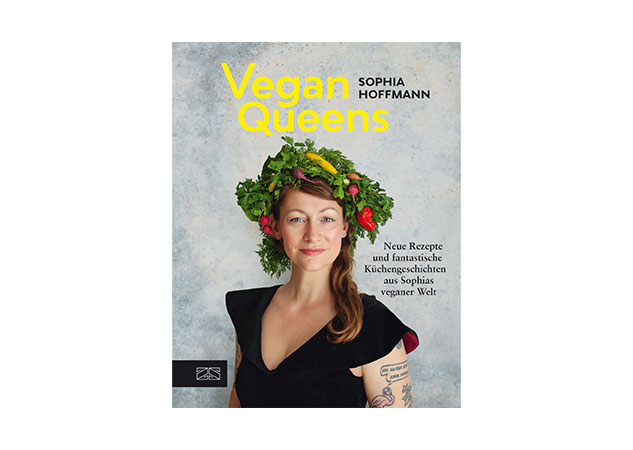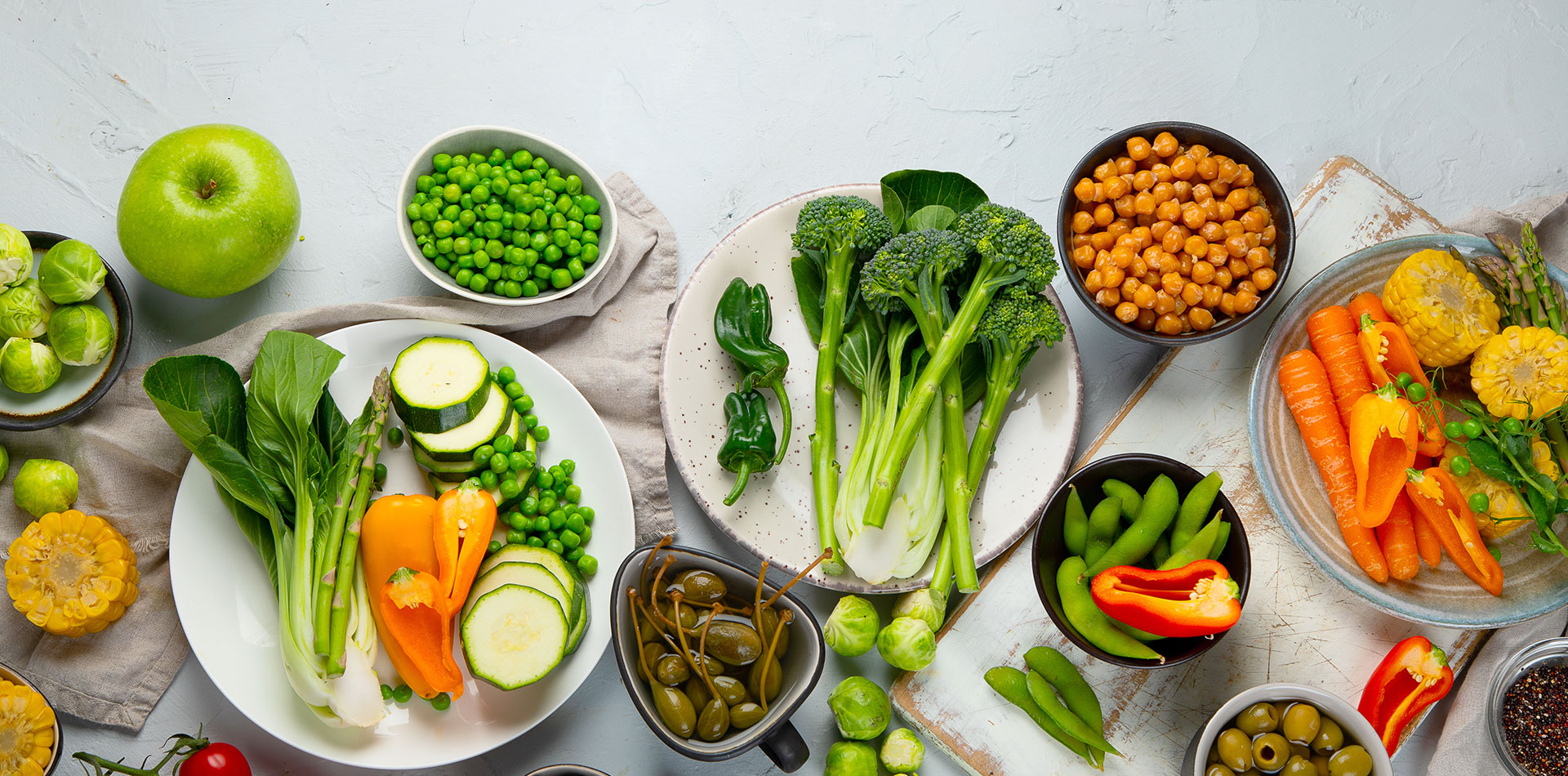
"Purely plant-based cuisine is a powerful game changer”.
Last week, we spoke with author and science journalist Mathias Plüss about why our diet has an impact on the climate, particularly in terms of water consumption. Today we are talking to Sophia Hoffmann, vegan chef, book author and co-founder of Happa restaurant in Berlin, about how the menu changes when you factor in water consumption and what it takes to reap the rewards of sustainability.
Sophia, our platform is currently focused on the issue of water. Is it necessary to change the way we cook in the catering industry if we consider water to be an increasingly precious resource that should be used wisely?
Sophia Hoffmann: Saving water clearly starts by choosing the food you eat. Purely plant-based cuisine, such as ours, is a huge game changer. This is why I see the reduction of animal products in every kitchen as an absolute must in the fight against the climate crisis. Let's take plant-based milk as an example: 3 -4 litres of water are needed to produce one litre of oat milk and between 100 and 400 litres of water are needed to produce one litre of cow's milk. All foods that "unnecessarily involve animals" are an enormous waste of resources that we simply cannot and must no longer use.
There is a large number of products that are used in large quantities in the catering industry that can be produced using plants without any compromise in taste, such as mayonnaise made from soy or chickpeas instead of eggs.
The catering industry must ultimately get over its emotional aversion to purely plant-based products and concentrate on the enormous advantages. After all, taken from a very pragmatic perspective, water will become increasingly scarce as a resource and we can take major steps to counteract this with our food choices alone. And it also tastes delicious.
You have dedicated yourself to vegan, low-waste cuisine for a long time - what keeps you going? What changes would you like to see in society and what (entrepreneurial) solutions and new approaches are needed in terms of food and restaurants?
Sophia Hoffmann: For me, introducing delicious plant-based cuisine to people and convincing them in a very direct way has long been the most normal thing in the world - whether I do it with my cookbooks, my online cooking course or in my restaurant. I believe in the power of small steps and in the impact I can deliver through my work of more than ten years, whether in public work or in private social settings. I am still an engaged activist, demanding change at the political level. We need stricter restrictions, for example, in the area of food waste in the retail sector. Individual business responsibility is not efficient enough here. The Earth is on fire.
We also need a lot more positive incentives from the state to make businesses/restaurants more sustainable.
We should actually be subsidised for running a vegan organic restaurant, but instead we have to pay for the (very tedious bureaucratic) certification. We need more incentives for companies to change how they think.
"We need positive motivation, partly from the government, to make the restaurant industry more sustainable."
Sophia Hoffmann, vegan cook and book author
Photo © Annabell Sievert-Erlinghagen
Sophia at LinkedIn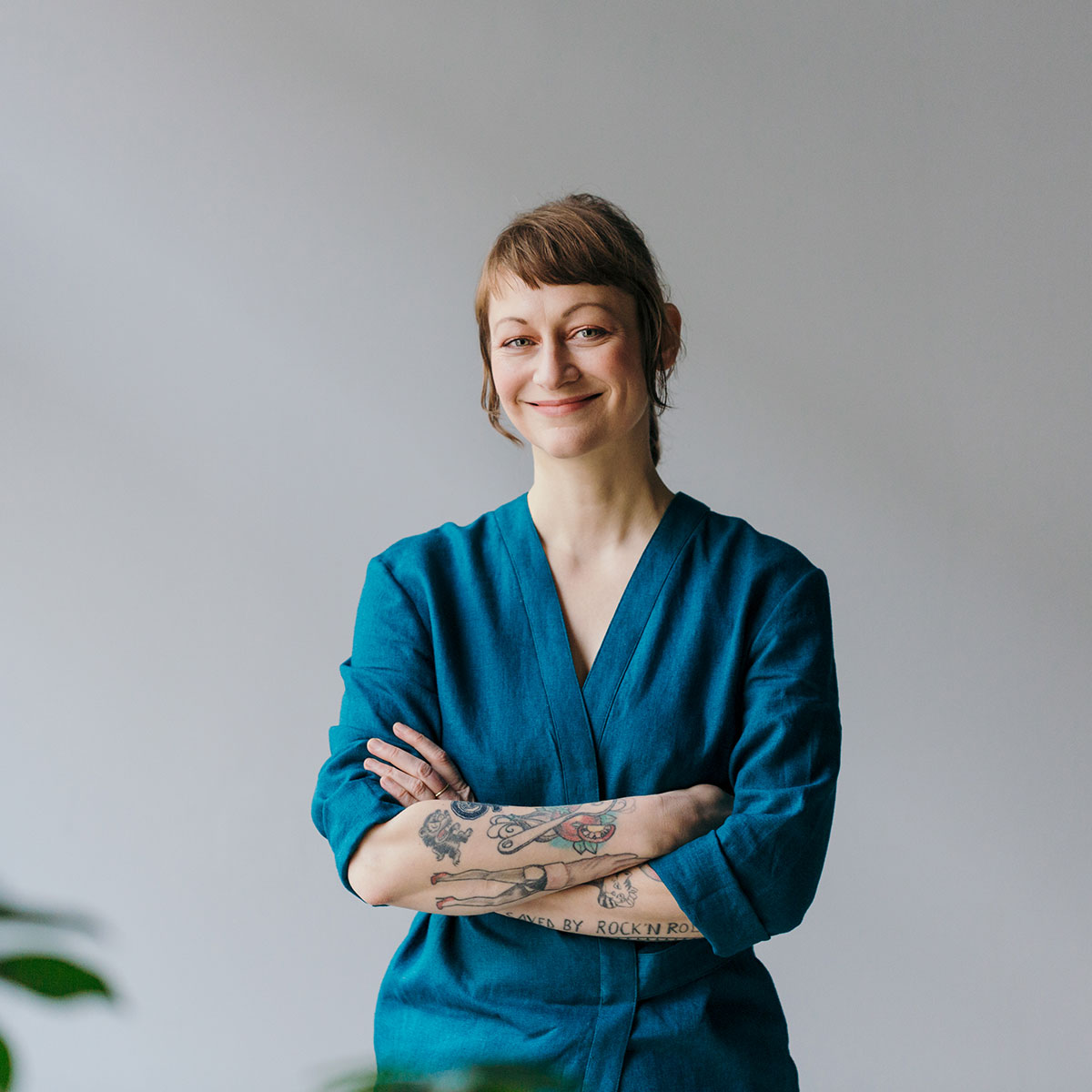
You opened HAPPA in Berlin last year together with Nina Petersen. A vegan, low-waste restaurant in 2023 - what does that really mean in terms of sustainability?
Sophia Hoffmann: We try to ensure that we operate as fairly and sustainably as possible in every aspect of our business. We started by choosing an ethical bank for our business loan, a green electricity provider. We decided to get rid of the gas cooker, even when we chose our web host, we chose a sustainable company.
We are certified organic and also work with the food supplier Querfeld, a catering delivery service that delivers rescued fruit and vegetables to kitchens that fall through conventional cracks.
We also use local producers and suppliers, such as Ostmost which produces fruit from meadow orchards, beer from the social enterprise Quartiermeister in Berlin and coffee from the Rwandan women's collective Angelique's Finest. We devote a great deal of time and thought to all topics, and we do it with pleasure.
We only offer to-go meals in containers with a refundable deposit and reduce waste as a result. In addition, we have virtually nothing left over in the kitchen, as we process everything according to the "leaf to root" principle. We have a lot of flexibility in our lunch concept with a rotating weekly menu, and our dinners with advance ticket sales offer a great deal of planning security.
We have also designed our overall concept to suit our individual needs, Nina is a mother and we place a great deal of importance on a good work-life balance. We work from 9 a.m. to 5 p.m., Monday to Thursday and only once or twice a week in the evenings. We are closed on weekends. We pay our female employees more than the minimum wage, offer more holiday days than required by law and, in addition to attractive working hours, create a pleasant working atmosphere with flat hierarchies and a lot of fun at work. This is why we do not experience any shortage of skilled workers, but have received unsolicited applications from the very beginning.
Thank you for your time, Sophia.
Want to keep reading?
"The world is what it eats.”
Our nutrition, climate change and how we use water are all connected. And we, as in the wealthier industrialised nations, must pave the way and find a way to adopt a climate-friendly diet. It should be a win-win situation for all of us, without compromising quality of life. An interview with Science Journalist and Author Mathias Plüss.
Read more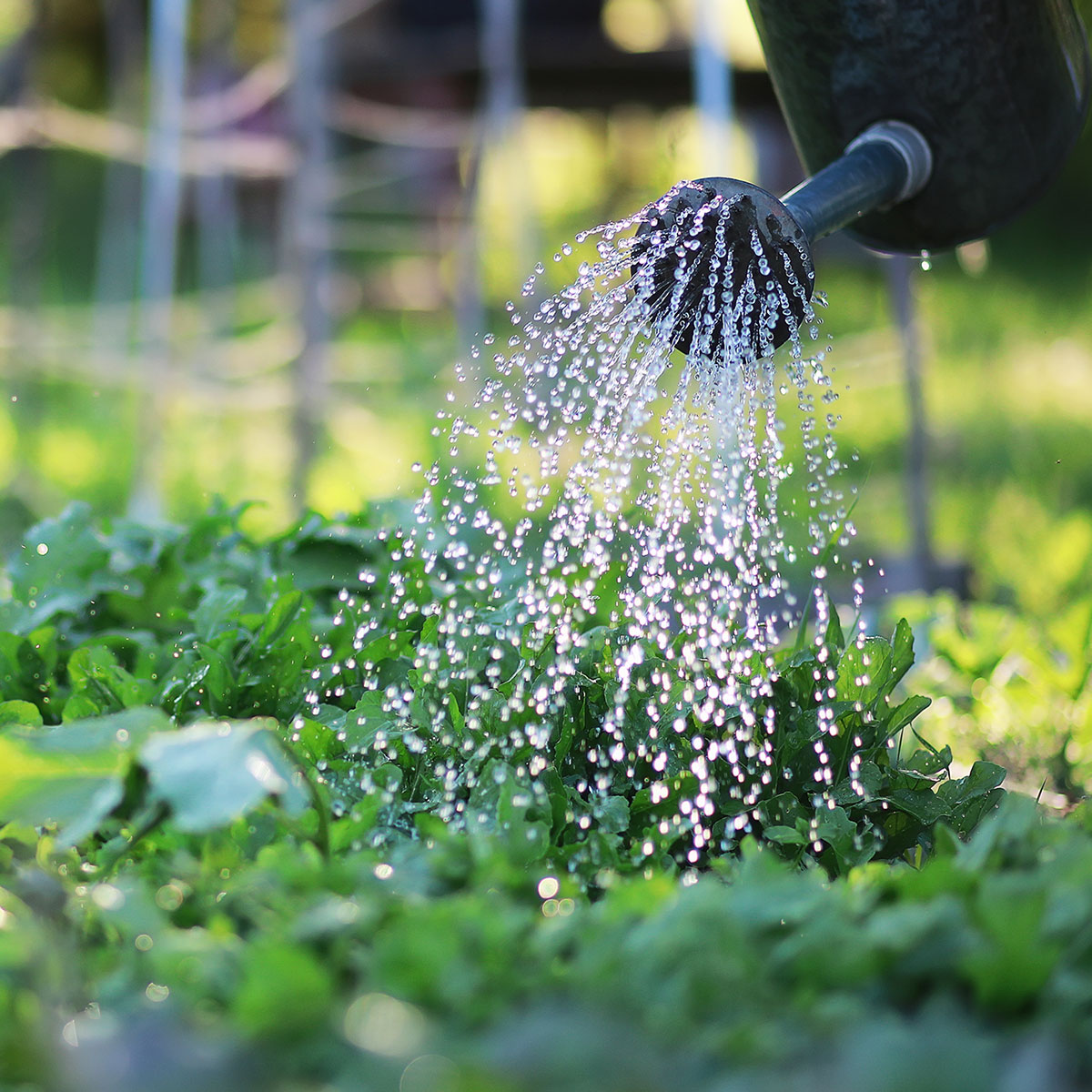
Today's idea, tomorrow's impact: From 0 to 100 Coaching!
You have it. A transformative idea, the solution to our water issues. Perhaps. Are you not quite sure? Then apply now for From 0 to 100 coaching, which will take you and your idea to the next level.
Apply now
Water in (climate) change: Approaches for a more sustainable use of water
Flooded stretches of land, villages and cities on the one hand, dried-up fields and rivers on the other. With the effects of climate change, the water cycle is becoming increasingly unbalanced. What to do?
Read more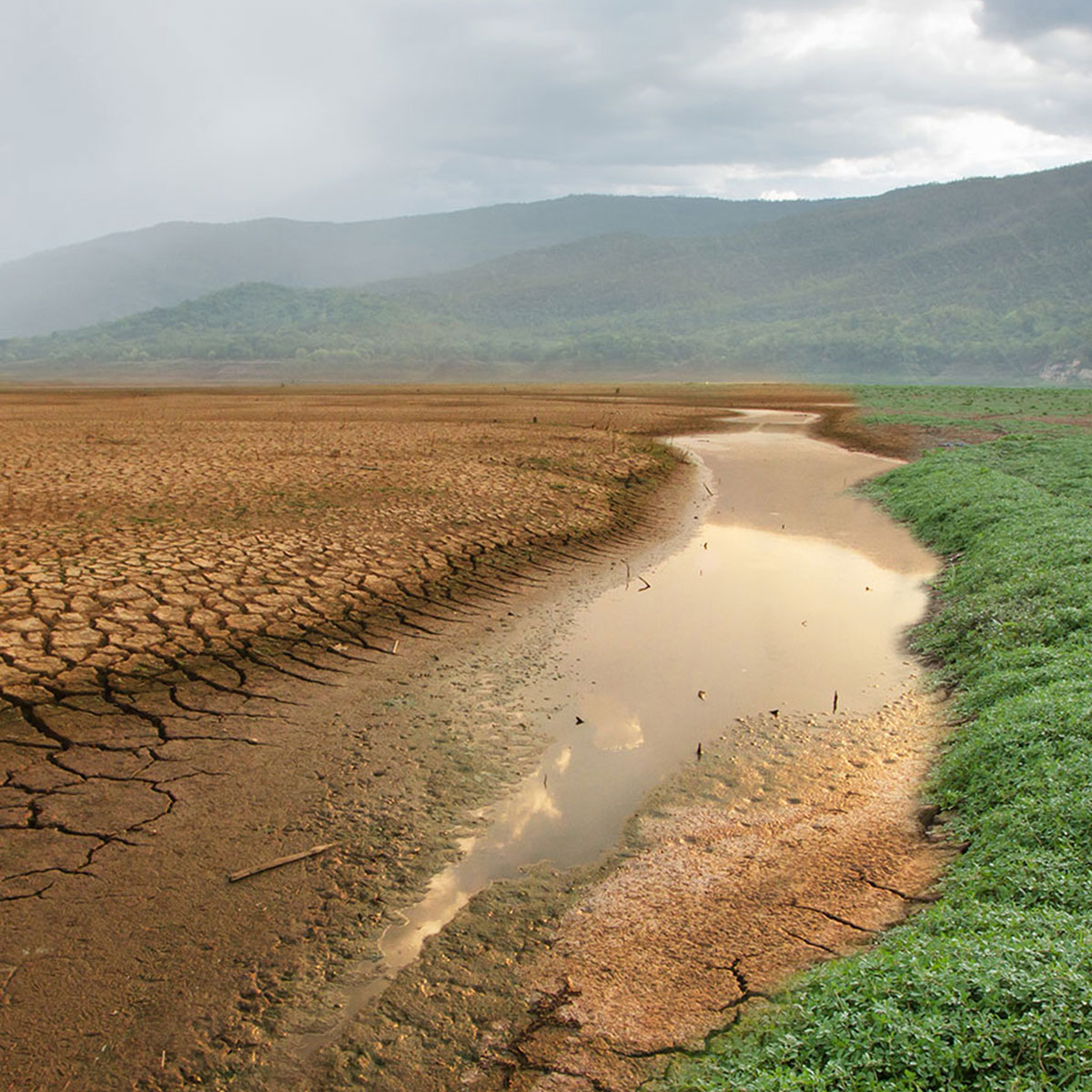
«We need to see feasible courses of action for us.»
Flooded stretches of land, villages and cities on the one hand, dried-up fields and rivers on the other. With the effects of climate change, the water cycle is becoming increasingly unbalanced. What to do?
Read more
«Water is a flow, not a store.»
An Interview with Tobias Schäfer, WWF Germany, about the water situation in Switzerland and Germany, about water as a circular economy par excellence, about new approaches – and ongoing hopes.
Read more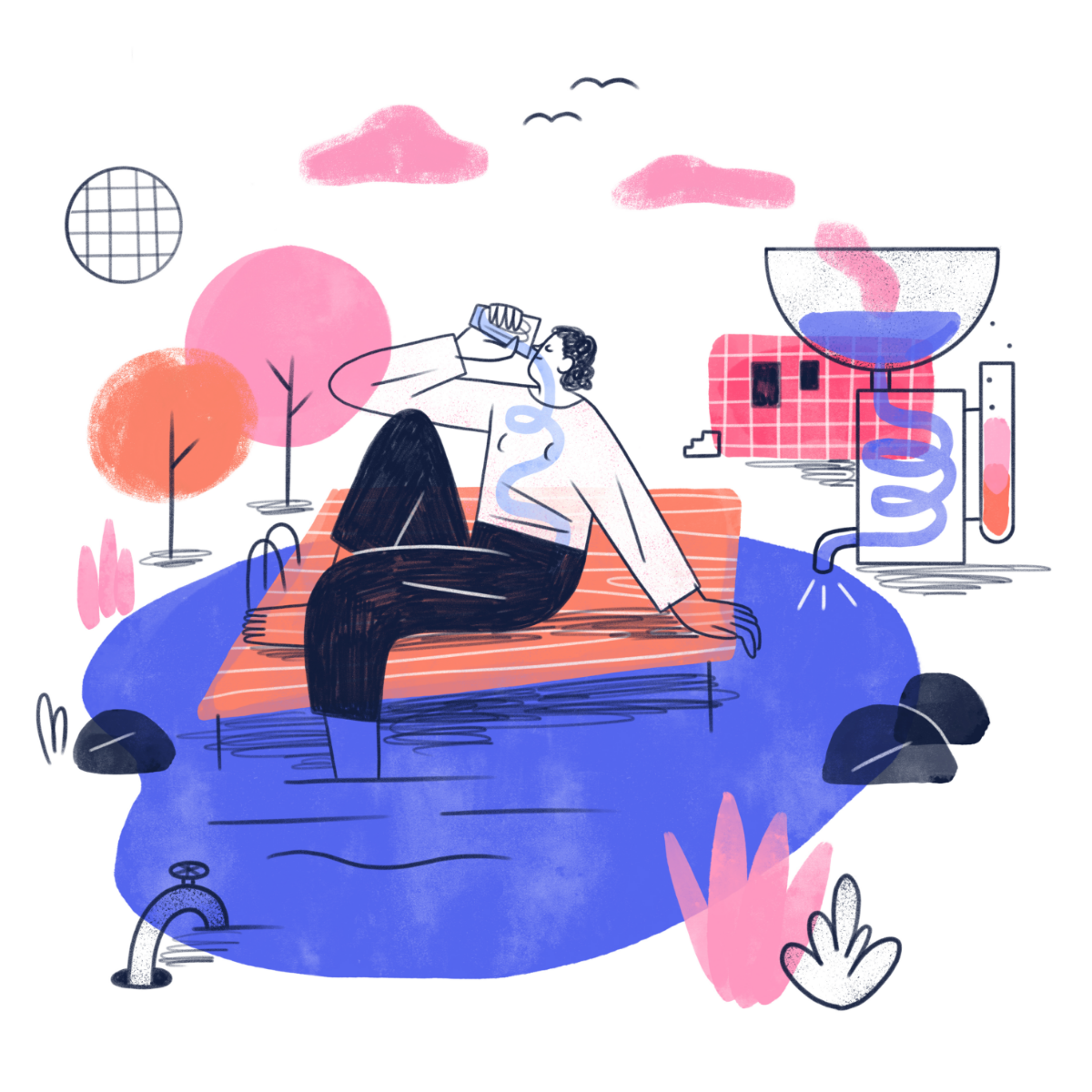
 Check out the manual
Check out the manual Try out the toolbox
Try out the toolbox Discover the water mission
Discover the water mission Get to know the Migros Pioneer Fund
Get to know the Migros Pioneer Fund